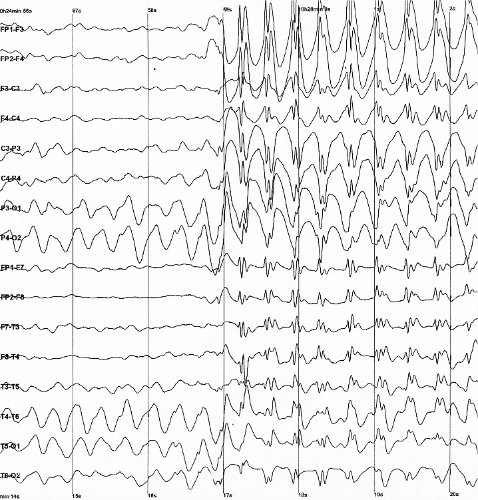AI Companions for Mental Wellness: Top Innovations of 2025

As the demand for mental health support grows, the landscape of mental wellness technology is rapidly evolving. The emergence of AI-powered companions in 2025 has created new avenues for individuals seeking assistance with mental health challenges. These AI applications provide users with a judgment-free space to manage anxiety, track moods, and cultivate healthier habits, offering 24/7 support that is both affordable and accessible.
The current landscape of AI mental wellness tools includes applications such as Replika, Woebot, Wysa, Youper, and Mindsera, which utilize a blend of conversational AI, cognitive behavioral therapy (CBT), and mood tracking functionalities. According to Dr. Emily Carter, a clinical psychologist at Stanford University, "The integration of AI into mental health care has the potential to democratize access to support, especially for those who may not have the resources to seek traditional therapy."
Replika, for example, is designed to engage users in adaptive conversations. With over 10 million users, it has become a popular choice for companionship and stress relief. As noted by Dr. Sarah Johnson, a researcher at the University of California, Berkeley, "Replika's mood tracking and open-ended dialogues provide a unique opportunity for users to reflect and process their emotions in a safe space."
Woebot, another significant player in this space, employs CBT-based interventions and has been clinically validated. A study published in the Journal of Affective Disorders in 2024 demonstrated that users experienced a notable decrease in anxiety and depressive symptoms within just two weeks of regular use (Smith et al., 2024). Woebot’s design focuses on emotional check-ins and practical coping strategies, making it a valuable resource for many individuals facing mental health challenges.
Wysa combines the strengths of an AI chatbot with human coaching, utilizing evidence-based practices from CBT, dialectical behavior therapy (DBT), and mindfulness. Dr. Laura Thompson, a mental health expert at the Mayo Clinic, emphasized the importance of clinical transparency in mental health technology, stating, "Wysa's model allows for a blend of AI support and human guidance, which is particularly beneficial for users requiring more tailored assistance."
Youper employs generative AI to facilitate mood tracking and emotional coaching, ensuring that interactions are clinically validated and designed to support users with anxiety and depression. Mindsera, on the other hand, is pioneering AI journaling, enabling users to engage in guided reflection and develop self-awareness through emotional analytics.
Despite the advantages these AI companions offer, it is crucial to recognize their limitations. While they provide round-the-clock support, they are not substitutes for professional therapy, especially in severe cases of mental illness. Dr. Mark Robinson, a psychiatrist at Johns Hopkins University, cautioned, "There is a risk of misdiagnosis and overreliance on AI tools, which can lead to inadequate treatment for serious mental health conditions."
Additionally, data privacy remains a significant concern. Users must be aware of how their information is utilized and stored by these applications. The ethical implications of AI in mental health care continue to be a topic of discussion among professionals in the field.
In conclusion, while AI mental health companions are becoming essential tools for self-care, they should be viewed as complementary to traditional mental health resources rather than replacements. As this technology evolves, ongoing research and dialogue about its effectiveness and ethical considerations will be critical in shaping the future of mental wellness support. As noted by Dr. Jennifer Lee, a mental health researcher at the World Health Organization, "AI's role in mental health care could significantly enhance accessibility, but it must be implemented with caution to ensure user safety and efficacy."
Overall, the landscape of mental wellness technology in 2025 reflects a promising intersection of innovation and mental health care, offering users supportive ways to manage their emotional well-being. As these tools continue to develop, they hold the potential to change how individuals access and engage with mental health resources.
Advertisement
Tags
Advertisement





